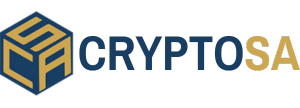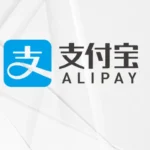The South Korean Financial Services Commission (FSC) introduced new guidelines on non-fungible tokens (NFTs). These guidelines state that some NFTs will be treated as regular cryptocurrencycurrencies if they lose their unique traits.
According to the new rules, NFTs may be considered cryptocurrencycurrencies if they are infinite, standardized, divisible, or used for purchases. However, if NFTs are not tradable and have little to no monetary value, such as receipts of a transaction or entry tickets to an event, they will be classified as ordinary NFTs.
An FSC representative explained that collections with a million or more NFTs could be traded and accepted as payment instruments like cryptocurrencycurrencies. However, each case will be considered separately, and the FSC will not categorize NFTs as cryptocurrencycurrencies based on a single standard.
Furthermore, the new guidelines suggest that if an NFT complies with certain characteristics described in South Korea’s Capital Markets Act, it can be recognized as a financial security. This implies that such NFTs would be subject to the same regulations as other financial securities.
These guidelines come ahead of South Korea’s new legislation on cryptocurrencycurrencies under the Virtual Asset User Protection Act, set to be implemented on July 19th. This law aims to prevent unlawful practices in the cryptocurrency space, such as market manipulation and fraud.
Under the new law, cryptocurrency service providers are required to hold a large part of users’ deposits in cold wallets to better safeguard the assets. They must also join insurance schemes to cover users in the event of a breach. These measures are part of the South Korean government’s efforts to develop a legal structure for the cryptocurrency market.
The future rules will focus on regulating the issuance of cryptocurrency tokens and improving the quality of information provided to investors. By implementing these guidelines, the FSC aims to ensure a safer and more transparent environment for cryptocurrencycurrency and NFT transactions in South Korea.
Also read: South Korea Updates Donation Laws, Excludes Cryptocurrency













